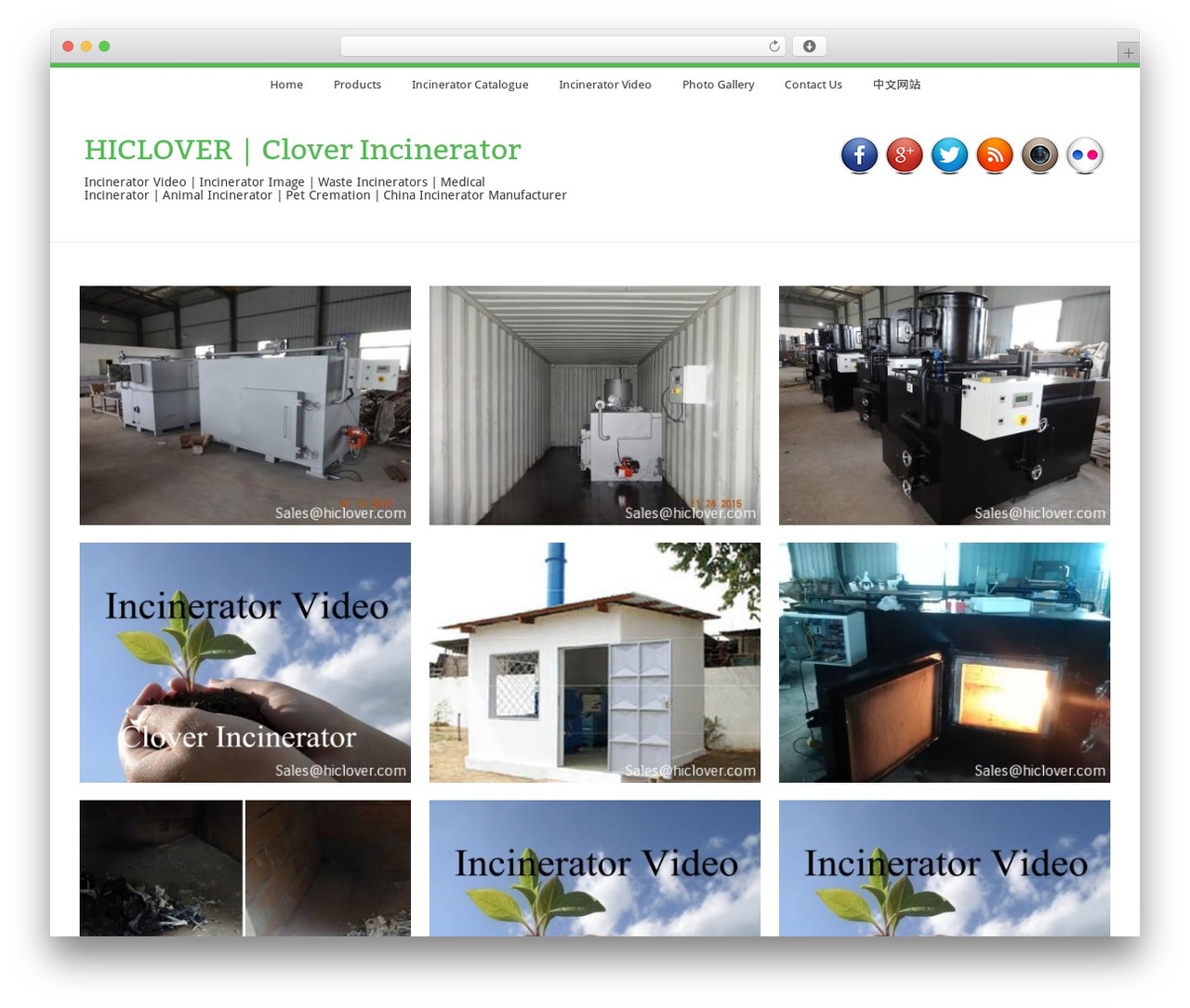Medical waste disposal is a critical aspect of healthcare management, and it is essential for healthcare professionals to be well-informed about the proper procedures for handling and disposing of medical waste. Improper disposal of medical waste can pose significant risks to public health and the environment, and it can also result in legal consequences for healthcare facilities and professionals. To ensure the safety of patients, healthcare workers, and the community at large, it is important for healthcare professionals to adhere to the following dos and don’ts of medical waste disposal.
Dos of Medical Waste Disposal:
1. Segregate medical waste: It is crucial to segregate different types of medical waste at the point of generation. Sharps, infectious waste, pharmaceutical waste, and hazardous waste should be segregated and stored separately to prevent cross-contamination and ensure proper disposal.
2. Use appropriate containers: Medical waste should be collected and stored in leak-proof, puncture-resistant containers that are labeled with the biohazard symbol and the word “biohazard” to alert others of the potential dangers.
3. Follow regulations and guidelines: Healthcare facilities must adhere to federal, state, and local regulations regarding medical waste disposal. It is important for healthcare professionals to stay informed about these regulations and guidelines and to follow them diligently to avoid legal repercussions.
4. Provide training for staff: Healthcare facilities should provide comprehensive training to their staff on the proper handling and disposal of medical waste. This includes training on the types of medical waste, segregation procedures, storage requirements, and safety precautions.
5. Utilize licensed medical waste disposal services: Healthcare facilities should contract with licensed medical waste disposal companies to ensure that medical waste is properly treated and disposed of. These companies use specialized equipment and processes to safely handle and dispose of medical waste in compliance with regulations.
Don’ts of Medical Waste Disposal:
1. Do not dispose of medical waste in regular trash bins: It is crucial to avoid disposing of medical waste in regular trash bins, as this can result in the improper handling and disposal of biohazardous waste, posing risks to individuals and the environment.
2. Do not flush pharmaceutical waste: Pharmaceuticals should not be flushed down the toilet or poured down the drain, as they can contaminate water sources and harm aquatic life. Healthcare professionals should follow specific guidelines for the disposal of pharmaceutical waste, including using medication disposal programs or returning expired or unused medications to a pharmacy.
3. Do not overfill or mishandle medical waste containers: Medical waste containers should not be overfilled, as this can pose a risk of spills and contamination. It is important to handle medical waste containers with care, following proper lifting and handling protocols to prevent accidents and injuries.
4. Do not ignore safety precautions: Healthcare professionals should always wear appropriate personal protective equipment (PPE) when handling medical waste, including gloves, gowns, and eye protection. Ignoring safety precautions can result in exposure to hazardous materials and potential infections.
5. Do not neglect documentation: Healthcare facilities should maintain thorough documentation of their medical waste disposal activities, including records of waste generation, segregation, storage, and disposal. Neglecting proper documentation can lead to compliance issues and difficulties in tracking the disposal of medical waste.
In conclusion, proper medical waste disposal is essential for maintaining a safe and healthy healthcare environment. Healthcare professionals must adhere to the dos and don’ts of medical waste disposal to ensure compliance with regulations, protect public health, and minimize the environmental impact of medical waste. By following these guidelines, healthcare facilities can effectively manage medical waste and contribute to the overall safety and well-being of their patients and communities.



